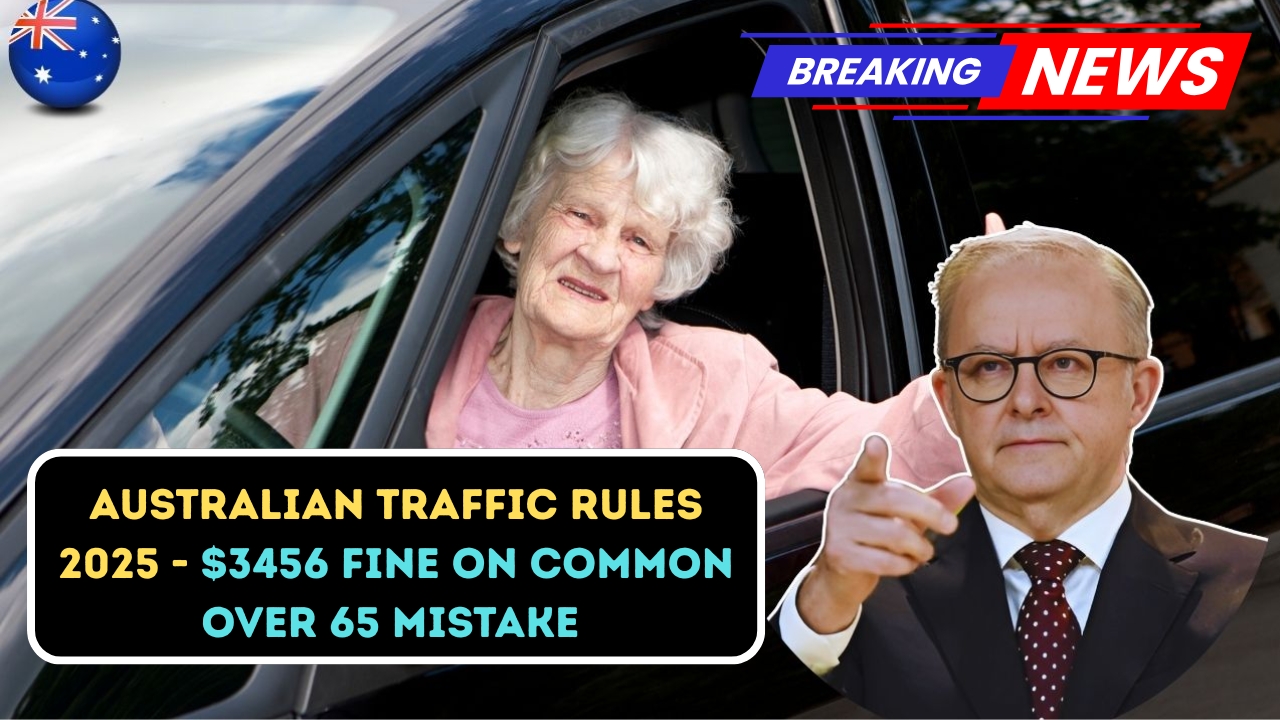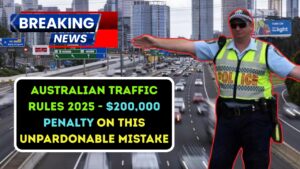In 2025 new road safety measures in Australia increased fines for sone violations, in particular for drivers over the age of 65, to as high as 3456. New guidelines from the top of the insurance companies to the bottom of the police force claim that older drivers are beyond the time frame for medical assessments and failing to renew them, failing to renew them, or breaching them.
Here is a table summarizing the medical fitness rules for older drivers in Australia based on 2025 regulations:
| State/Territory | Age When Medical Check is Required | Frequency of Medical Check | Additional Notes | Maximum Fine for Non-Compliance |
|---|---|---|---|---|
| New South Wales (NSW) | 75 (eyesight), 85 (full medical) | Annually after 85, eyesight test at 75 | Practical test required after 85 if needed | Fine amount varies |
| Queensland (QLD) | 75 | Annually | Must carry medical certificate when driving | Fine amount varies |
| Victoria (VIC) | Not automatic | Case-by-case | Assessment on doctor’s/orders’ discretion | Fine amount varies |
| Western Australia (WA) | 80 | Every 5 years until 84, then yearly | Conditional licenses possible (area/daylight limits) | Fine amount varies |
| South Australia (SA) | 75 | Annual self-assessment, medical if indicated | Random audits from 70 years | Fine amount varies |
| Tasmania (TAS) | No fixed age | Based on medical disclosure | Self-report mandatory, penalties for non-disclosure | Fine amount varies |
| Australian Capital Territory (ACT) | No fixed age | Case-by-case | Follow national fitness to drive guidelines | Fine amount varies |
| Northern Territory (NT) | 75 | Annually | Telehealth option in remote areas | Fine amount varies |
There are still persistent state disparities.
Each state and territory administers their own system for medical evaluation, road testing, and punishment. For instance, in Victoria, a physician reporting the driver as a potential danger can trigger a clinical review well before the stipulated primary assessment. A fine of $3456 for road offense is the only federal fine applicable at the moment, as other fines are non-compliant with severe federal boundaries, hence disregarded.
Equity for Safety and Autonomy
The maligned road safety advocates are more concerned with blaming the older lies and the absolve from fines which other drivers do not enjoy. The road safety activists believe that the punishment is justified with respect to the potential for obliteration from the road safety data. They highlight that the rules are in place to ensure the driver and the population at large remain secure.
Support Programs for Senior Mobility
Outreach programs by state road portfolios along with other institutions are the primary means by which drivers are reminded and assisted in determining the requirements for medical assessments, alternative transportation, and bypassing other complex procedures. To mitigate compliance risk, free reminder services, medical assessment assistance, and voluntary driver refresher courses are being implemented. Authorities also require families to agree to conversations on the topic of driving retirement, to make sure that elderly drivers are not isolated by the abrupt termination of their driving licenses.
Australian Traffic Rules 2025
The tightening of traffic laws for drivers over 65 years of age for the year 2025 implies another step in the direction of adjusting road safety policies to an older demographic. Within the next 20 years, Australia will witness over 20% of the population aged 65 and older, which will make the presence of policy guaranteeing autonomous mobility on aged drivers a critical issue. For the moment, older drivers are being encouraged to be proactive, keep their medical documents up to date, and not let avoidable oversights lead them to make a mistake that will cost them over $3456.


